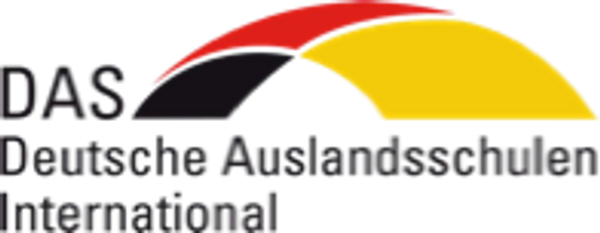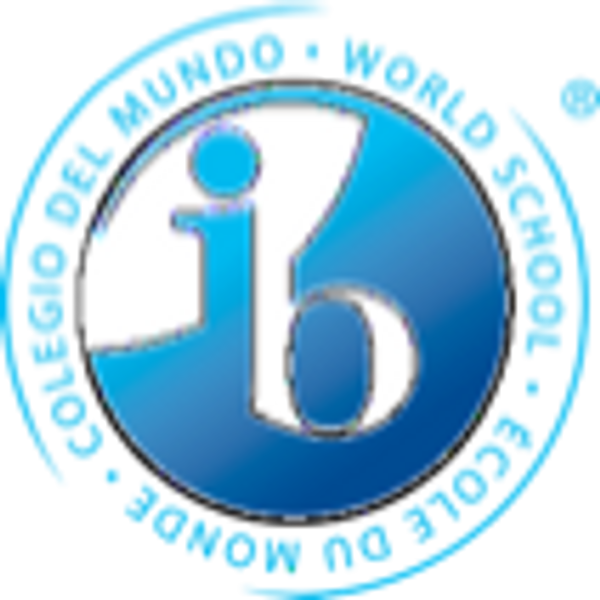WHEN DOES THE PROGRAMME COMMENCE?
The programme has been in effect since August 2018.
WHO CAN APPLY?
All students in Grade 8 from both the German section and the European section can apply. 7 students will be selected from each section (a total of 14 students).
WHAT DOES THE APPLICATION PROCESS LOOK LIKE?
Students are required to express their interest in the programme by submitting the application form. Students will then be invited for an interview with the programme committee.
The programme committee will evaluate a student’s suitability for the programme along these lines:
- Demonstrated interest and competence in the areas of mathematics and science
- Ability to balance the programme along with other academic commitments
IS THERE A COST INVOLVED?
Students and parents do no incur any additional costs. All costs are subsidised by the school.
HOW MUCH TIME COMMITMENT IS REQUIRED FOR THE PROGRAMME?
There will be 3 lessons per week on top of the regular curriculum. These sessions will be conducted either in the afternoons or over the weekends.
WILL MY CHILD HAVE TO FORGO ANY OF THEIR OTHER SUBJECTS TO BE ABLE TO TAKE THIS ELECTIVE?
No.
WHO IS CONDUCTING THE PROGRAMME?
The theoretical component will primarily be taught by GESS teachers. For the practical component, students will often be allocated mentors from partner institutions to guide them through their various tasks.
WHERE WILL THE PROGRAMME BE CONDUCTED?
GESS’s science and technology labs, partner sites, professional research centers and labs and other partner facilities.




